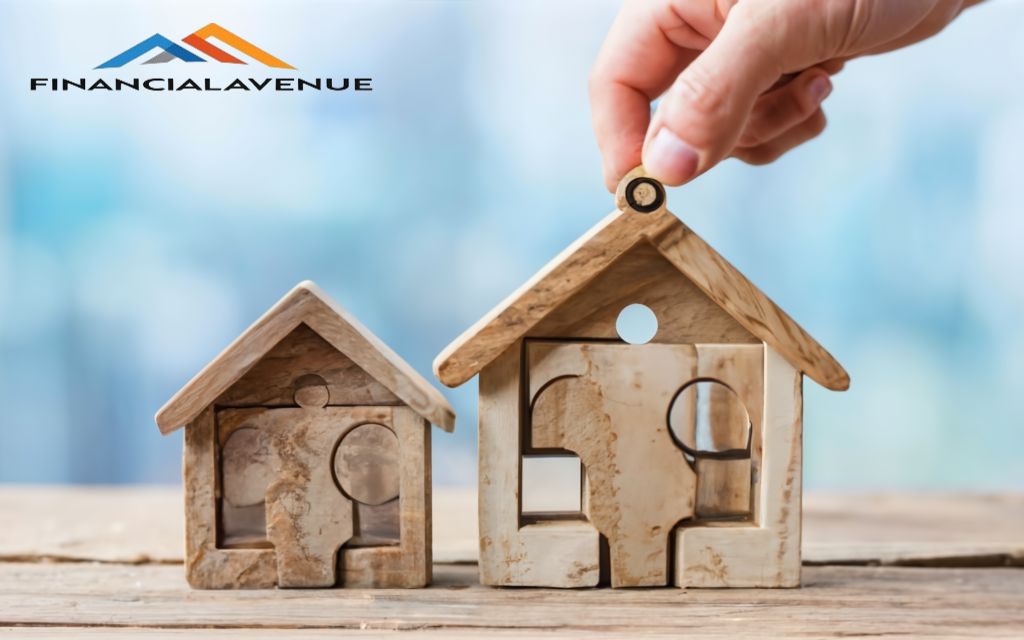For many Brits, owning a freehold property is seen as a quintessential part of the national dream. Having a place to call your own and avoiding paying rising rents can seem very appealing. However, along with the many advantages, there are several disadvantages of buying freehold property. This article outlines key disadvantages you should weigh up before taking the plunge into freehold home ownership.
The Substantial Financial Commitment
Arguably the biggest downside of securing a freehold is the sheer size of the financial commitment involved. Here are some major costs you will be liable for:
- Deposit – Most lenders require at least a 10-20% deposit before they will approve a mortgage. For a £300,000 home, that means saving £30-60k upfront.
- Transaction Fees – Expect to pay thousands in land registry fees, legal fees, stamp duty and more during the buying process.
- Mortgage Payments – Monthly mortgage repayments are a long-term financial commitment that could span decades. Interest rates may rise too.
For many first-time buyers or those on average incomes, finding the initial funds can be very difficult or even impossible without family help. Renting often requires less cash upfront.
Don’t ignore these Disadvantages of Buying Leasehold Property
You Shoulder All Responsibility for Repairs and Maintenance
Owning the freehold on a property means you are now fully responsible for all maintenance issues large and small. These ongoing costs add up considerably over time:
- Roof repairs – A new roof can cost £4,000-£8,000. As a freeholder you cannot avoid this expenditure when the time comes.
- Boiler replacement – A new boiler and installation can set you back £2,000-£4,000.
- Electrical rewiring – Rewiring a mid-sized home costs around £8,000-£15,000.
- Plumbing issues – From burst pipes to drainage problems, plumbing callouts average £150 per hour.
- General wear and tear – Painting, appliances breaking down, pest control. These mundane tasks never end.
Whereas renters can request the landlord fix any property damages, freehold owners must pay all bills no matter the cost.
Read this post to learn more about Second Viewing After Offer: Critical Tips and Your Rights
Purchasing the Freehold Reduces Your Flexibility
For those who may need to relocate for work or other reasons, owning a freehold property significantly reduces flexibility versus renting:
- Relocating for a better job is tougher when tied to a property you own.
- Emigrating to another country is very difficult when still paying off a UK mortgage. Banks may demand repayment which is often unaffordable.
- If you fall into financial difficulty and cannot make mortgage payments, losing the home to repossession will devastate your credit rating and future borrowing ability.
Renters avoid these risks, with tenancy agreements allowing easier exit when circumstances change. For mobile professionals or those wanting geographical flexibility, freehold ownership carries opportunity cost.
Discover Why First-Time Buyers Should Consider New Builds
Property Values Can Unexpectedly Fall, Leaving You at Risk
While over the very long term UK house prices have risen, significant market volatility and unpredictable crashes have occurred – causing major issues for freehold owners:
- The early 1990s recession led to average UK property values falling around 20% peak to trough.
- The 2008 Global Financial Crisis triggered a 19% drop in values from 2007 to 2009.
- More recently, former London hotspots have experienced falling prices as buyers relocated during the pandemic.
If you end up in negative equity due to a future housing crash, you may be trapped in the property unable to sell or move. Freehold owners are far more vulnerable than renters if prices decline.
Read more about How Reliable is a Mortgage in Principle?
Securing a Mortgage is Harder Than People Expect
While interest rates are at near historic lows today, lenders have substantially tightened borrowing criteria compared to the easy credit days before the 2008 crisis. This catches many prospective freehold buyers by surprise:
- Large deposits of 15-20% are expected, making purchases harder for first timers.
- Strict affordability checks look at existing debts and spending. Even small credit card balances can influence mortgage size.
- Self-employed and contract workers often struggle to get approved due to income volatility.
- Mortgages often expire after short fixed periods, meaning refinancing risks when rates are higher.
Banks focus more on minimizing risks these days. Those with past credit issues or existing debts may be shocked to get declined when trying to secure financing.
Learn How Much You Can Afford on Your Mortgage
Key Considerations Before Buying the Freehold
If weighing up purchasing a home, reflect carefully on these two questions:
Are you planning to stay put long term?
Short term living needs may be better fulfilled renting rather than buying your own freehold. Transaction costs during the buying/selling process mean houses work better as long-term not temporary homes.
Do you have savings to cover emergency repairs or renovations?
As the freeholder, you need financial reserves for when the boiler breaks down, the roof leaks or any other housing disaster strikes.
Could you afford £8,000 for a new kitchen or £4,000 to fix the plumbing? If not, enter freehold ownership with extreme caution.
Read more about First Homes Scheme
Conclusion – Know What You Are Getting Into
Purchasing a freehold property is an exciting milestone and one which seems like a rite of passage for many Britons. However, along with the advantages of ownership come increased risks and financial obligations that tenants do not face.
From expensive transaction costs through to the burden of unexpected repairs, make sure you go in eyes wide open. Seek professional advice and understand both the pros and cons before signing the dotted line.
For some – especially younger workers or those craving flexibility – renting might suit their lifestyle better at this life stage rather than rushing into freehold commitments they could come to regret.
There is no one size fits all answer. Carefully examine the potential disadvantages and seek professional guidance from mortgage brokers and property lawyers to make the best decision for your personal situation.

Daniel, a seasoned professional with over 5 years of experience in banking, property, and finance, brings a wealth of expertise to the table. This authoritative blog is meticulously curated to provide you with the most up-to-date financial insights. Delving into the dynamic realms of banking and mortgages, Daniel’s passion for finances shines through every post.










